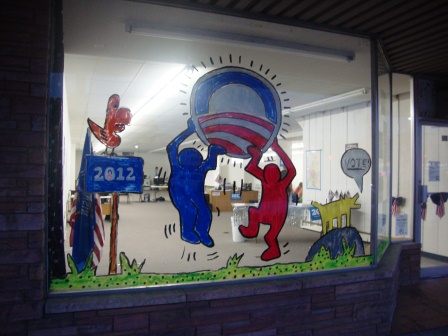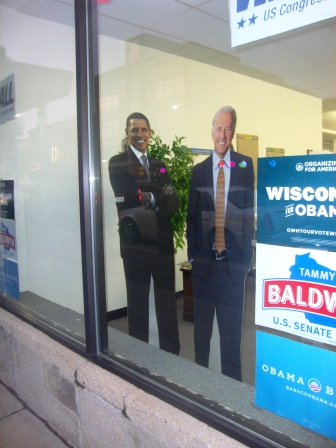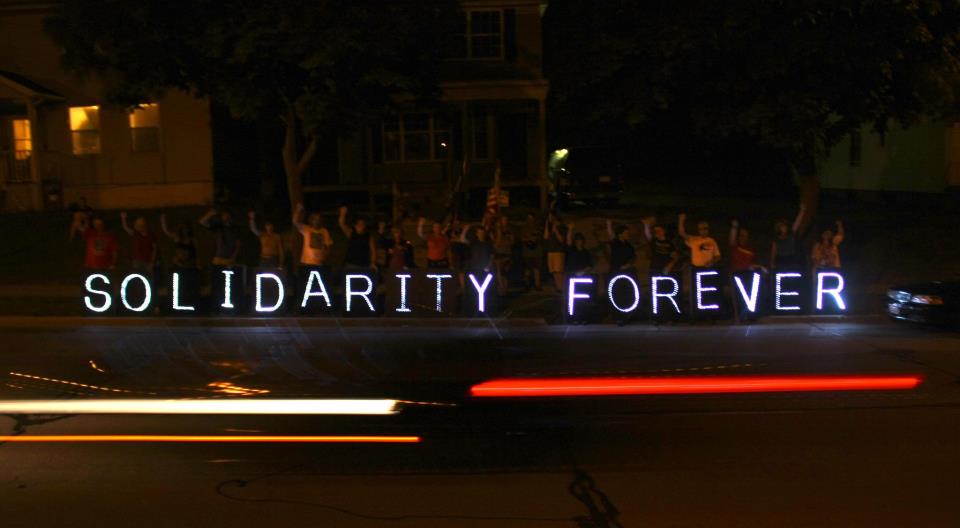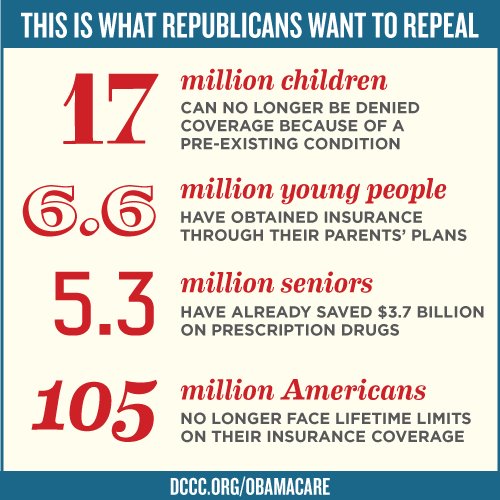You heard the news, folks. Wisconsin’s Paul Ryan is now Mitt Romney’s running mate. But who is this guy? What’s his vision? What is Paul Ryan really like?
Paul Ryan represents a district in southern Wisconsin in Congress. He is 42 years old, the fourth youngest candidate on a major party ticket. His relative youth may be a factor if it strengthens his appeal to Generation X, Generation Y, and even a few Millennials. Baby Boomers are not so sure; we’ll get to that another day.
Paul Ryan is an economist by trade. He graduated from college with a double major in economics and political science. On the surface, this could be a plus on his balance sheet. He is articulate and intelligent, and he can expound upon economic theories at length.
A CNN morning anchor (we’ll call her “Ash”), was gushing about Paul Ryan on Monday morning. Yes, gushing. Let’s see if I can remember. His eyes, his hairstyle, his smile, and then his past. She was excited that he’d been a bartender – she also worked her way through college tending bar and cocktail waitressing! She was thrilled to hear that he’d worked for Oscar Mayer because he’d driven (are you ready for this?) the Weinermobile. Just what she wanted to see in a Vice President: good looks, experience behind the bar, and a Weinermobile on his resume.
But let’s look more deeply than our giddy blonde anchor did, more deeply into this economist’s vision for the country. His budget plan, nicknamed the “Path to Prosperity,” didn’t really propose to increase prosperity for the average middle class American. His plan as introduced last fall included major changes in the programs known as entitlements, most notably replacing Medicare with a voucher program. His overall plan also relied on severe spending cuts. These cuts, and the austerity policies that would result, promised to be extreme and far-reaching.
The Ryan Budget bill did not become law. It passed the House, but the Senate voted it down.
What’s next, moving forward? Well, blog readers, that’s where the problem sits. Paul Ryan’s plans would move our country in reverse, back to the archaic values of the 1950s. His plans are extreme, severe, and austere in all the wrong places.
Ryan describes himself as being “…as pro-life as a person can be.” Unfortunately, that doesn’t include pro-women who need birth control, empathetic toward women who become pregnant by rape or incest, or supportive of women who have a legitimate need to terminate a pregnancy. He doesn’t value their lives at all.
Rep. Ryan’s budget proposals favor privatizing public education and using public funding in order to do it. His austerity measures and cuts will harm public schools – schools that are suffering financially already. A full generation of students are at risk. These students, unfortunately, are too young to vote.
Rep. Ryan likes the idea of for-profit colleges. He ignores the years of evidence that show for-profit colleges’ students’ poor payback record for federal student loans. Defaults on loans like this – well, where does the money come from to make up the missing dough? Ryan hasn’t answered that question. He has a history of voting against increasing amounts or availability of Pell Grants, grants that target low-income students pay for college. In general, his policies show that he views education as a privilege for the wealthy rather than an opportunity and a right for all.
Look beneath the surface, voters. How will a Ryan extreme budget affect you and your family? Make your judgment based on the real and detailed policies and philosophies, not on the thirty second sound bites on television.
And beware of gushing anchors. Bright eyes, a head full of hair that hasn’t grayed (yet), and a Weinermobile drivers’ license aren’t enough for this voter.




